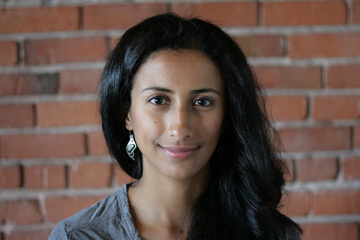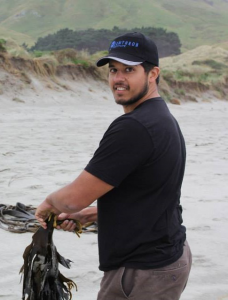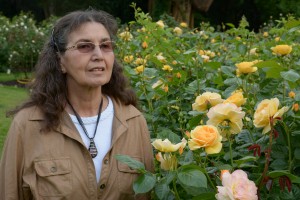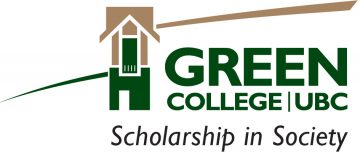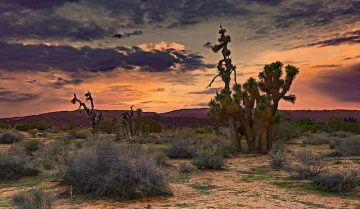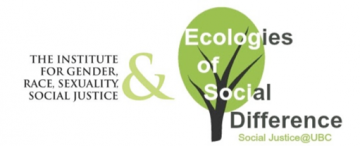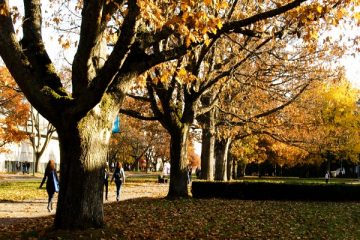Please join us on November 22 for a research seminar with Dr. Andrea Suárez Serrano, Research Director of the Mesoamerican Center for Sustainable Development in the Tropical Dry Forest (CEMEDE) at the National University of Costa Rica.
Dr. Suárez Serrano will talk about current research projects developed by CEMEDE and by the Water Resources Center for Central America and the Caribbean (HIDROCEC). After her presentation there will be time for Q&A with the participants.
When: Wednesday, November 22 from 12:30-1:30pm
Where: AERL Room 107/108 (Aquatic Ecosystems Research Laboratory, 2202 Main Mall)
Everyone welcome.
Click for poster for Seminar: Andrea Suarez
ABOUT THE PRESENTER
Dr. Andrea Suárez Serrano, Professor and Research Director
Water Resources Center for Central America and the Caribbean (HIDROCEC)
Mesoamerican Center for Sustainable Development in the Tropical Dry Forest (CEMEDE), National University of Costa Rica
PhD, Applied Ecology, University of Barcelona, Spain [2012]
BSc, National University, Costa Rica [2003]
Professional experience
Researcher, Institut de Recerca i Tecnologia Agroalimentàries, Spain [2009 – 2010]
Research Assistant/Lecturer, Instituto Regional de Estudio en Sustancias Tóxicas, Costa Rica [2001 – 2006]
Bio
Dr. Suárez Serrano has extensive research experience in aquatic ecology, ecotoxicology, and water management. Currently, she is the Director of CEMEDE that oversees the water program HIDROCEC. She has developed and coordinated the Hydrological Engineering program at HIDROCEC, where she has also taught courses on socioenvironmental sustainability and natural resources, freshwater ecosystems, and culture and sustainability. She has helped organize several international meetings and conferences in Costa Rica on water treatment and water governance, as well as leading capacity-building workshops.
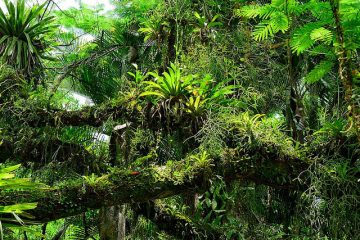
Photo Credit: Digitearte from flickr/ Creative Commons
